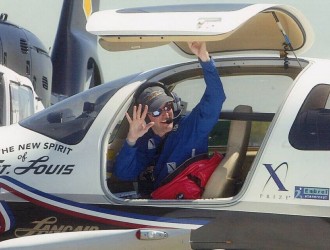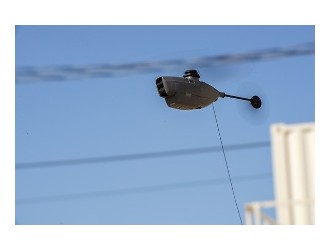They pose dangers to wildlife at Elk Island, Parks Canada says.

These bison do not like it when you fly a drone at them.
After havin to remind multiple visitors to put away their drones this summer, officials at Elk Island National Park would like to remind everyone the technology is not allowed.
Drones were banned in the park — along with all national parks — in 2014. But spokesperson Janelle Lane said the growing popularity of the technology means more would-be drone pilots are showing up at the park gates unaware of the rules.
While she said the vast majority get “friendly reminders,” one person was charged last month with the unlawful take off and landing of an aircraft.
Under the National Parks Act drone pilots could be charged up to $25,000.
But park officials want the public to know the dangers drones pose to wildlife, visitors and park operations.
On-board cameras offer unprecedented shots of landscapes and wildlife, so many drone operators come to try and shoot the herds of bison the park is known for, Lane said.
“[Bison] are really sensitive to noise,” she said, “they will physically move out of the area, and like to kind of move in one line so they’ll start to file off into another area.”
The problem is when they get stressed, or are pushed into an area of the park that doesn’t have adequate food for them, she said.
Right now the park, located about an hour east of the city in the middle of developed land, is a safe stopping point for birds migrating south. If airspace is buzzing with drones, the 250 species of birds that visit the park may stop coming by, Lane said.
Lane adds that drones could also interfere with the helicopters that are used both to count wildlife during the winter, and to rescue injured visitors.





